

The BCAAFC Annual General Meeting is scheduled to take place Thursday, September 23, 2021, to Saturday, September 25, 2021, on the unceded traditional territory of the Musqueam people in Richmond, BC.
Voting will take place in person at the event.
If you have any questions or concerns, please email govcoordinator@bcaafc.com.
Thank you,
BCAAFC Board of Directors
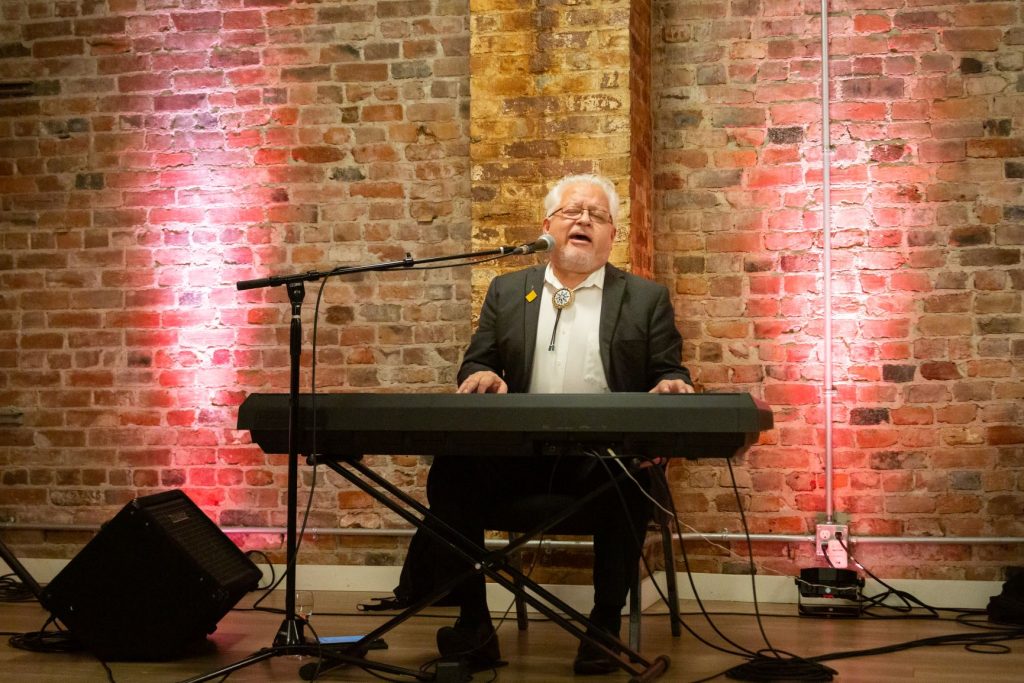
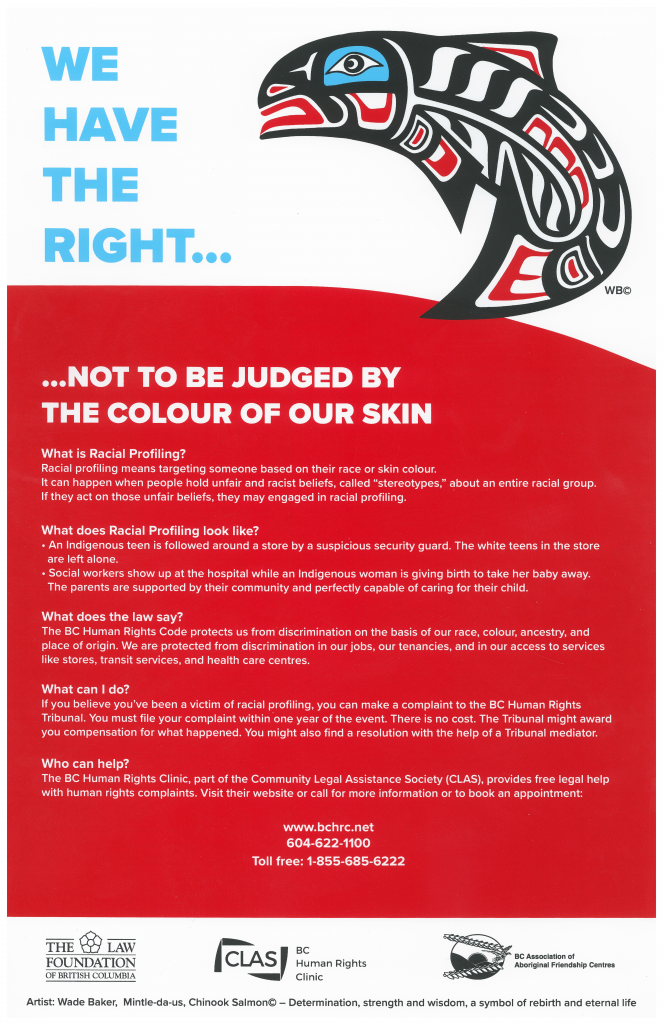
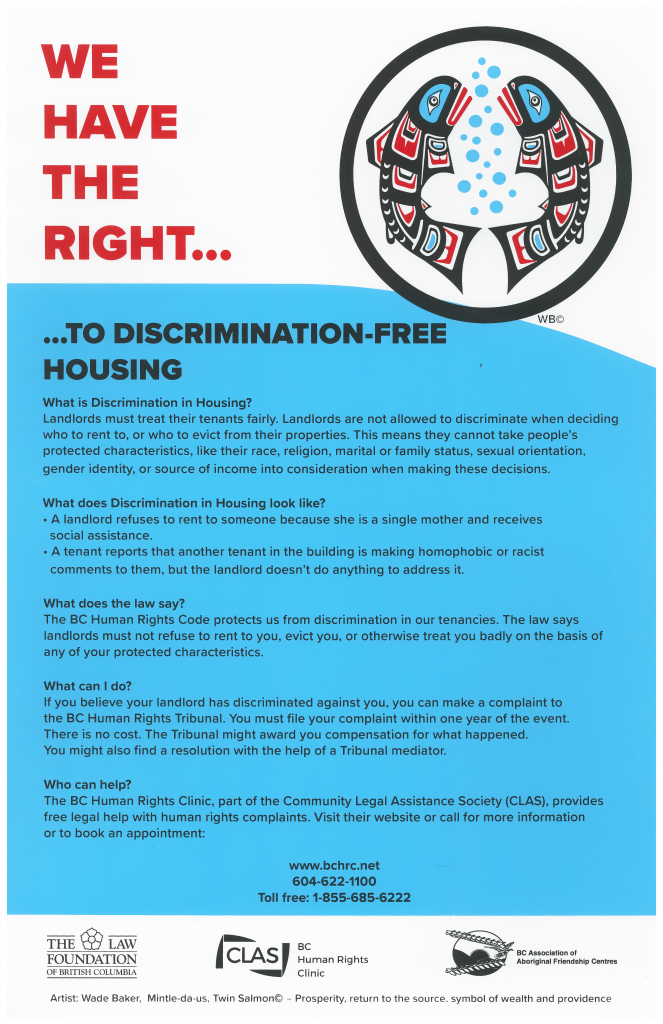
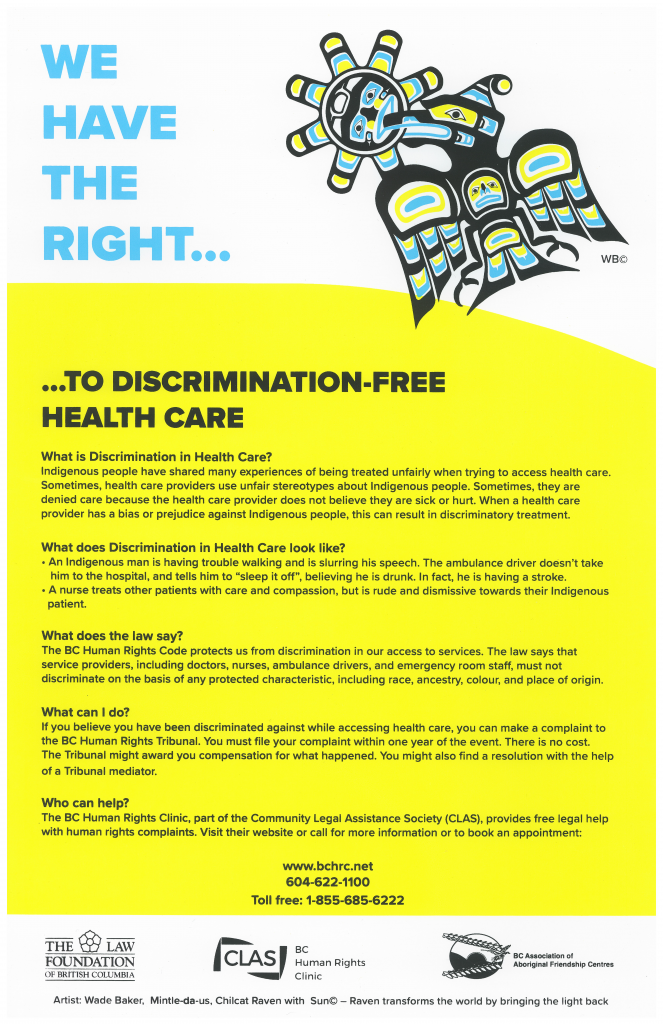
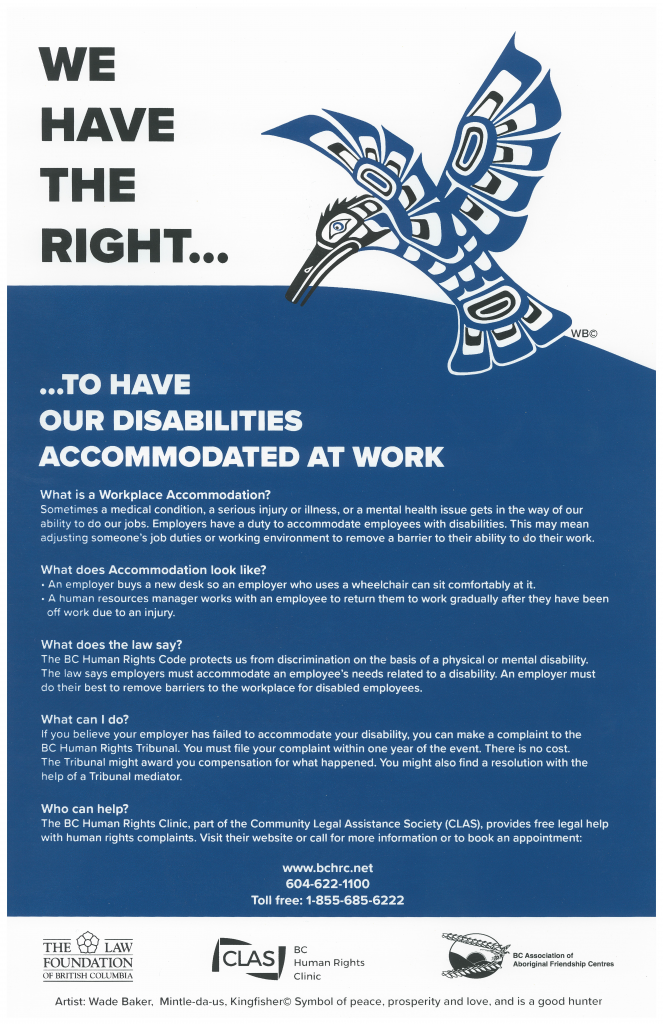
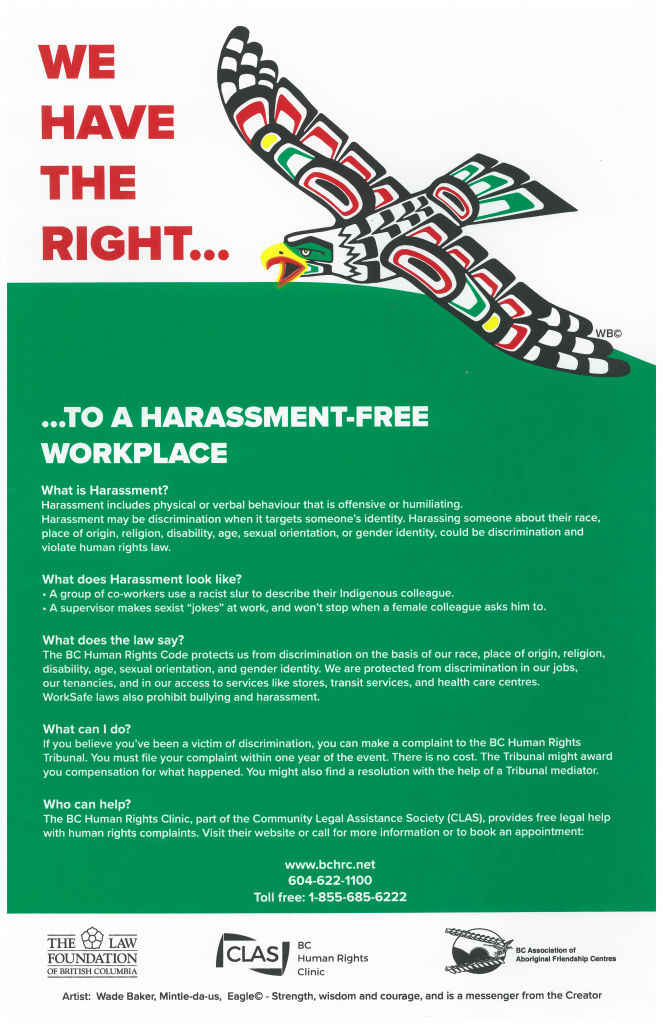
April 15, 2021
Coast Salish Territory – The British Columbia Association of Aboriginal Friendship Centres (BCAAFC), Métis Nation BC (MNBC), the First Nations Health Council (FNHC), the First Nations Health Directors Association (FNHDA), and the First Nations Health Authority (FNHA), are responding to questions posed by some members of the public asking why Indigenous people are a higher priority for receiving a COVID-19 vaccine in British Columbia (BC).
“From the outset, the vaccine rollout to Indigenous people in BC was based on recommendations from Canada’s National Advisory Committee on Immunization, said Richard Jock, FNHA’s Chief Executive Officer. “In considering potential at-risk groups, the advisory committee identified Indigenous people as high risk and therefore considered a high priority to receive an initial dose of the COVID-19 vaccine.”
FNHA Acting Chief Medical Officer, Dr. Shannon McDonald said, “Access to acute care within 2.5 hours was a key element and informed the decision to provide vaccines to remote communities first and work our way inward. As COVID-19 clusters were identified, the FNHA directed vaccine supply to those affected communities.”
The following factors formed some of the basis of the National Advisory Committee on Immunization recommendations:
The existence of anti-Indigenous racism within the provincial health care system has been well documented and cannot be ignored. Indigenous-specific racism can lead to hesitancy in seeking care, negative experiences at the point of care, inequitable medical treatment, physical harm and even death for BC’s First Nations, Inuit, and Métis people.
“In Mary Ellen Turpel-Lafond’s review into systematic racism towards Indigenous peoples in BC’s health care system, we heard first-hand from Métis voices across the provinces about the inequitable treatment they experienced before the pandemic,” said Lissa Dawn Smith, Acting President, MNBC. “That they are having these experiences during the pandemic, and during the critically important vaccination stage, shows there is still so much work to do to increase education of the general public about the Métis population in BC and to root out inequities that exist in our society”, “We must and we can do better. Through collaboration with our Indigenous partners, the province and its health authorities, we can transform our system, which will ensure a safer healthcare experience for all Indigenous people.”
Existing data shows the extent to which Indigenous people are disproportionally affected with a much higher risk of hospitalization and death due to the transmission of the COVID-19 virus than the non-Indigenous population in BC.
“Statistics show that Indigenous people face a higher risk of death from COVID-19 and prioritized immunization will save lives,” said Leslie Varley, Executive Director of the BCAAFC. “We know that many Indigenous people do not feel safe accessing health services due to experiences with anti-Indigenous racism. It is critical that the Ministry of Health communicates why Indigenous people have been identified as a high priority for the vaccination to build a shared understanding and support for one another throughout the immunization process.”
As of March 17, 2021, COVID-19 data reveals that:
1Provincial Laboratory Information Services data as of March 17, 2021
2COVID case line list prepared by BCCDC, as of March 17, 2021
While the above data is specific to First Nations people, given the prevalence of anti-Indigenous racism in the health care system and systemic barriers faced by Indigenous people, it is reasonable to expect similar outcomes for all Indigenous people.
The evidence is clear. It is an unfortunate truth that Indigenous people are disproportionately impacted by the COVID-19 virus. This and other compelling data is at the core of the need to quickly and efficiently deliver the COVID-19 vaccine to First Nations people both in-community, and urban and away from settings, as quickly as possible.
“Systemic racism in health care is the daily, lived experience for First Nations people in BC – creating poor health outcomes for our people with higher rates of diabetes, high blood pressure and other chronic conditions – and higher COVID-19 infection rates’ said Charlene Belleau, FNHC Chair. “A shared goal of equal access to health care requires partners to be accountable for a system grounded in cultural humility and safety and free from racism.”
“First Nation Health Directors are the voice of the community, working to transform and decolonize the health care system in BC – an essential step to creating a health care experience free of racism for First Nations people,” said Keith Marshall, FNHDA President. “Health Directors will continue to deliver health and wellness services that are closer to home and that affirm First Nations cultures, rights and identities – actions we know improve health outcomes for First Nations people.”
British Columbia Aboriginal Association of Friendship Centres https://bcaafc.com/
Media contact: Ricki-Lee Jewell, Communications Coordinator
(M) 250-940-5184 (Email) communications@bcaafc.com
Métis Nation British Columbia https://www.mnbc.ca/
Media contact: Nick Hosseinzadeh
(M) 778-996-6425 (Email) nhosseinzadeh@mnbc.ca
The First Nations Health Authority http://www.fnha.ca/
Media Contact: Kevin Boothroyd, Director Media Relations
(M) 604-831-4898 (Email) media@fnha.ca
The First Nations Health Council https://fnhc.ca/
The First Nations Health Director’s Association https://fnhda.ca/